News &
Insights
What's going on at Fane Valley
Latest News

Understanding Soil Fertility: The Foundation of Productive and Sustainable Crop Management
19th December 2025
Soil fertility is the cornerstone of successful agricultural production. It determines a field’s capacity to supply essential nutrients required for optimal crop and grass growth. Fertility levels can vary significantly between fields due to differences in soil type, historical management practices and cropping rotations. Understanding this variation is critical for making informed management decisions and…
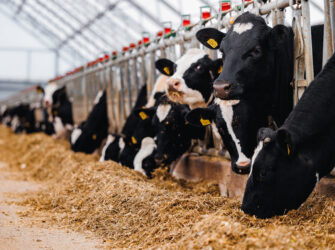
Weathering the Transition: Lallemand Powermix Keeps Cattle Thriving Indoors
26th September 2025
With the unsettled September weather bringing heavy rain and challenging grazing conditions, many farmers across Northern Ireland have housed cattle earlier than expected. As livestock move indoors, the focus turns to managing diet transitions smoothly and keeping animals healthy during the switch from fresh grass to silage-based diets. The Lallemand Powermix range is based on…
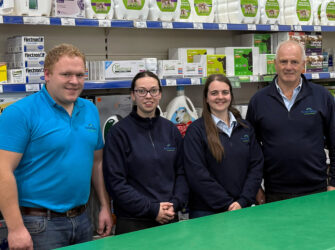
Optimise Livestock Performance with Fane Valley Stores Autumn Animal Health Open Days
26th September 2025
Fane Valley Stores are holding their Autumn Animal Health Open Days from Thursday 2nd October 2025 to Saturday 4th October 2025, offering great value and discounts across the animal health product range. This offer will be available in all Fane Valley Stores and online and we invite all farmers to take advantage of impressive discounts…
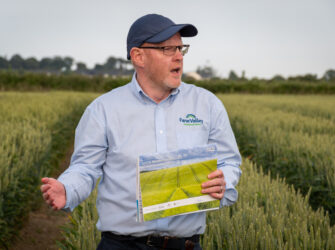
Fane Valley’s Top Picks for Harvest 2026
8th September 2025
As combines finish up across the country, many growers are already looking ahead to autumn drilling. Fane Valley has placed risk management at the core of its winter cereal portfolio. “Our focus is on supporting growers with genetics and seed technologies that promote strong establishment and guard against key threats such as BYDV, septoria and yellow…
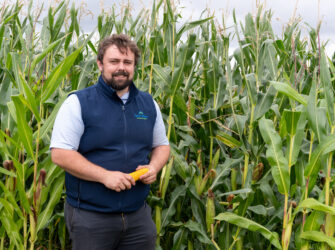
Get Ready for Maize Harvest
2nd September 2025
The 2025 growing season has reminded us once again that no two years are ever the same in farming. A warm and settled summer has pushed maize crops on at an exceptional pace, with harvest expected to be several weeks earlier than normal across Northern Ireland. High levels of sunshine and above-average temperatures in July…
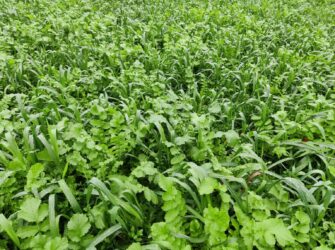
The Benefits of Using Cover Crops in Your Rotation
6th August 2025
Cover crops are gaining momentum amongst arable farmers as a practical and sustainable tool to improve soil health, protect the environment and potentially fix nitrogen. Integrating cover crops into crop rotations delivers a multitude of benefits. Soil Health and Structure The primary benefit is the improvement of soil structure. Cover crops, especially multi-species mixes, develop extensive…
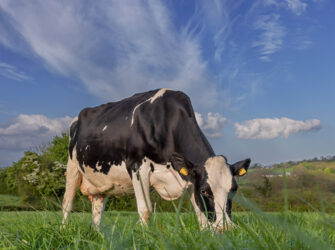
The Introduction of Solid-Based Payments in Northern Ireland Dairy Farming: Benefits for the Industry
21st July 2025
In recent years, the introduction of solid-based milk payment systems has brought significant changes to the dairy industry in Northern Ireland. At the core of this approach is the A+B−C payment structure, which rewards farmers based on the quality, rather than just the volume of milk produced. Specifically, it offers financial incentives for higher protein…
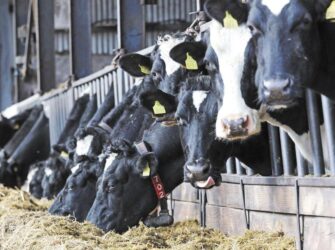
Leptospirosis – The Silent Cause of Infertility
12th June 2025
Leptospirosis, more commonly referred to as Lepto, is a bacterial infection mainly in cattle that is spread through infected urine, abortion products and venereal infection. Lepto has significant Zoonotic risk – this is when there is a high risk of infected animals also infecting humans (or vice-versa). It is crucial to protect your herd from…
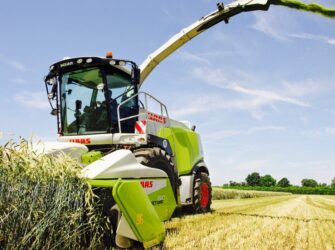
Maximising Wholecrop Silage for Livestock Performance
12th June 2025
As cereal crops across Northern Ireland approach maturity, you should consider the significant benefits of harvesting cereals for wholecrop silage. With increasing pressure on forage stocks and a drive for greater self-sufficiency, wholecrop silage is proving a valuable addition to many livestock diets. The key to successful wholecrop silage lies in harvesting at the right…

